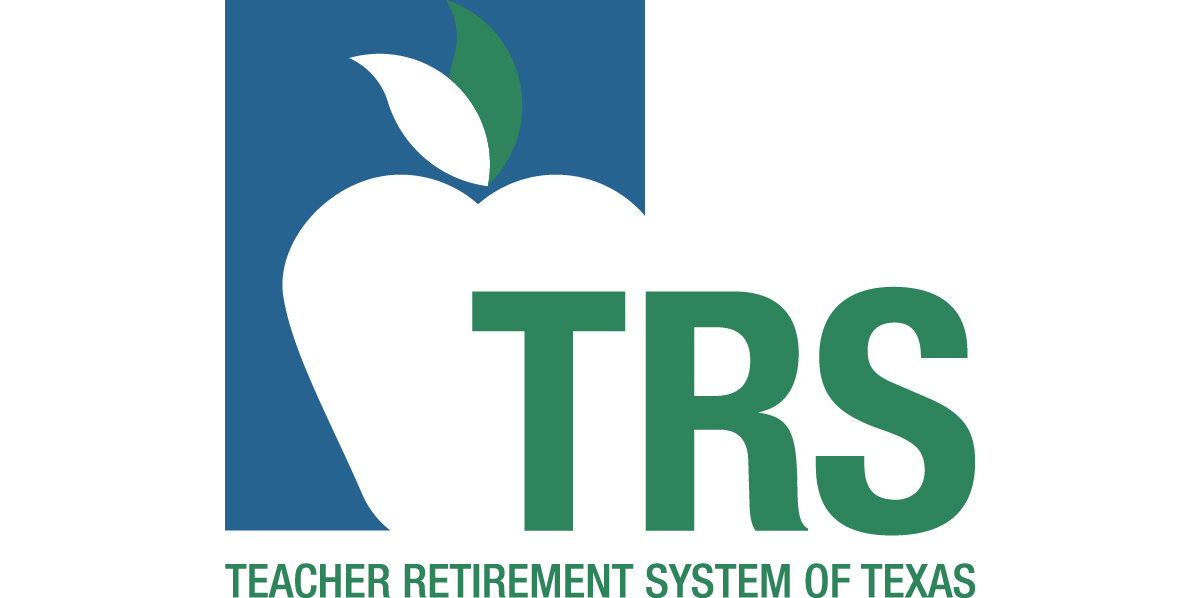School finance group looks at costs of undereducation

School Finance Educator Preparation | Certification Texas Legislature
Date Posted: 5/29/2018 | Author: Mark Wiggins
The Texas Committee on Public School Finance working group on outcomes met Tuesday morning to take invited testimony on a number of subjects. The agenda for Tuesday’s meeting at the Texas Capitol included intersections of education, healthcare access, child and family well-being, and economic outcomes in Texas; strategic talent management and building systems to attract, retain, and develop highly qualified talent into Texas public schools; and teacher quality / certification.
Anne Dunkelberg with the Center for Public Policy Priorities was the first to testify regarding the consequences of an undereducated workforce, including effects on poverty, uninsured and incarceration rates. Texas leads the nation in both the rate and number of uninsured. Meanwhile, as healthcare premiums continue to rise, employees are paying a larger share each year from their own paychecks. Texas is also among the states with the highest poverty rates.
Texas’s high rate of uninsured translates to a heavier uncompensated care burden on local hospitals, which often try and recoup that cost through local property taxes. Underscoring the link between educational attainment and better pay, Dunkelberg warned that Texas must invest in education “to minimize massive public expenditures on undesirable outcomes.”
Dunkelberg concluded by acknowledging that, like businesses, the Texas Legislature is often under pressure to reduce costs now rather than down the line. Yet if the state is to ever see long-term savings, it must invest on the front end with education.
Next, Martin Winchester with the Texas Education Agency (TEA) testified with regard to teacher recruiting and retention.
“We do not believe by any means it is all about the pay,” said Winchester. Rather, Winchester suggested working conditions, such as adequate classroom support and opportunities to grow and advance in the profession, are the top factors.
Working group leader Todd Williams pondered why starting teachers in Texas are paid the same salary, regardless of whether they received 1,500 hours of classroom training or 15 hours. Winchester indicated that TEA Commissioner Mike Morath would support allowing educators from more rigorous certification programs to “skip a level” on the pay scale, and noted that first-year teachers from alternative certification programs quit at a much higher rate due to a lack of preparation.
While lauding the ideas discussed by TEA, state Rep. Diego Bernal (D-San Antonio), who serves as vice-chair of the House Public Education Committee, chided the agency for proposing policies at certain points while avoiding policy discussions at other points.
Kate Rogers with the Holdsworth Center was the last to testify, and spoke about strategic talent management. Rogers stressed the importance of coaching for both teachers and administrators, and emphasized that teachers need more non-instructional time in order to develop better lesson plans and participate in development activities such as coaching and mentoring. According to Rogers, teachers in the U.S. spend more of their time on direct classroom instruction than teachers in any other developed nation, which leaves them without enough time to do other critical activities needed to improve over time.
Williams concluded the meeting by laying out the next few steps for the working group, and proposed July or August as the target window for a preliminary report. No further meetings are currently scheduled.
CONVERSATION
RECOMMENDED FOR YOU

04/18/2024
5th Circuit Court denies rehearing in publishers’ Texas library book lawsuit
Author of HB 900 urges Paxton to appeal to the U.S. Supreme Court.

04/17/2024
TRS board to consider lowering TRS-Care Medicare Advantage premiums
Increased legislative funding, federal changes mean TRS is positioned to pass on savings to plan participants.

04/16/2024
Texas Tribune hosts panel on the impact of new legislation on Texas public education
The hourlong conversation focused primarily on the need for and impact of three pieces of legislation passed in 2023.


